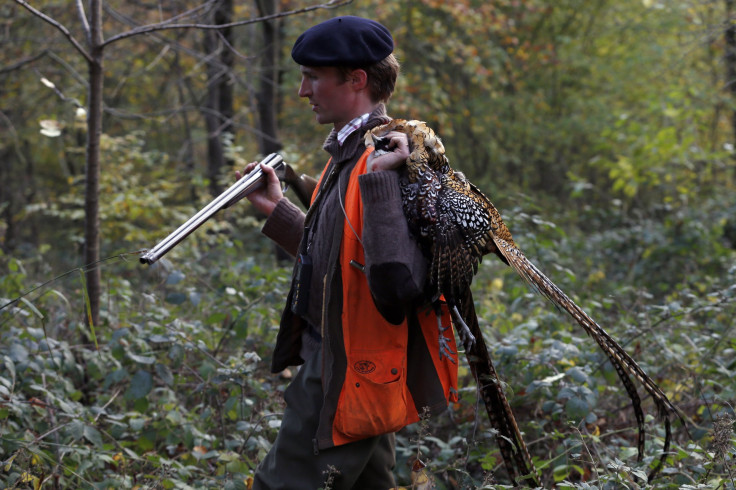European government, bureaucrats to blame for the death of 25M birds in the Mediterranean, conservationists claim

Conservationists and bird lovers across Europe were shocked after a paper recently reported 25 million wild birds were killed by illegal hunting around the Mediterranean. The study reveals nearly half of the killings each year occur in EU states where the birds directive applies and that strong laws are not working and being openly flaunted by hunters.
According to the study, many Mediterranean countries have already banned the hunting of specific birds, but Bill Oddie, a British ornithologist and conservationist, said that it was the massive failure of governments and the authorities to act that allows the death of millions of birds. Oddie also blames the hunting groups and bureaucrats for the cruel deaths of the species.
“Around half the birds being killed are in countries where strong laws theoretically protect birds,” Oddie said. Possibly 25 million chaffinches, thrushes, robins, quails and many other species are being killed as they migrate to and from mainland Europe, according to a study.
Many people in Europe probably know or actually are shooters, he said, and hunting groups in many countries are stopping the laws being enforced. “People in power like killing things,” Oddie expressed in a report from The Guardian.
The study suggests that the most dangerous countries for migratory birds are Italy and Egypt, followed by Syria, Lebanon and Cyprus. About 5.6 million birds are killed each year in Italy, with over 150 species killed in significant numbers.
Illegal bird hunting tends to grow despite the strong laws in Europe, according to the author of the study Ann-Laure Brochet, because of the national justifications of tradition and culture, and the reluctance by the government to act.
“Populations of some species that were once abundant in Europe are declining, and disappearing altogether,” said BirdLife International chief executive, Patricia Zurita. Experts say that the number of birds in Europe has been fewer than there were 20 years ago, and illegal killings could aid the declining number of the species.
The European commission aims to “modernise” the birds and habitats directives which form the base of nature protection in all 28 member states. But conservation groups believe that the official assessment to decide whether the laws are “fit for purpose” was an attempt to weaken their protests against the bird-hunting conflict.
In May, during a briefing, the European commission was cautioned by over 100 leading nature organisations that the British species and landscapes could face the “biggest threat in a generation.” To date, over 500,000 people have urged the commission “to maintain and enforce Europe’s nature legislation.”
Contact the writer at feedback@ibtimes.com.au or tell us what you think below




















